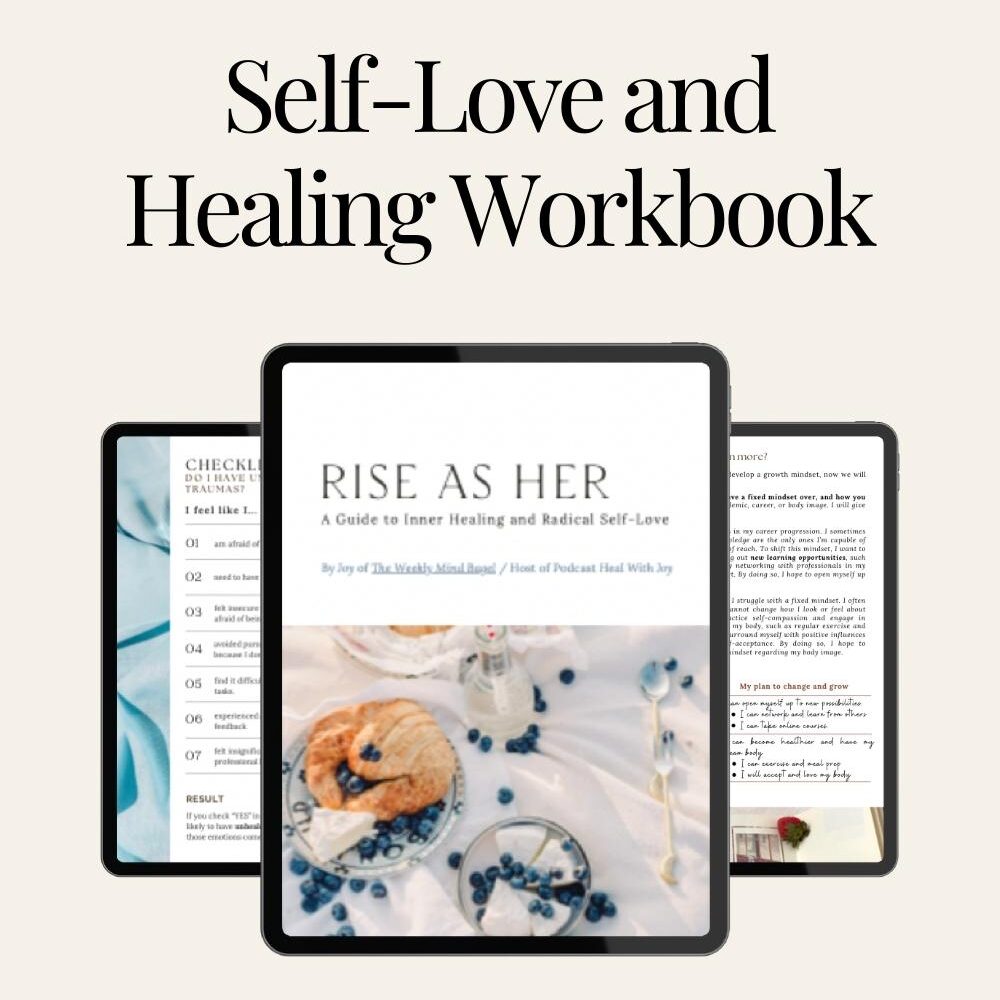Mortgage Rule of Thumb
Mortgage is usually seen as a necessary evil. What else can I do to buy my own house? How do I think about house financing? Is this a financially-savvy decision?
Most of us believe that “what people do” is to get a job, take a mortgage, and rise up the corporate ladder while paying back debt. A big, nice house, or apartment, depending on where you live. Buying a house in Midwestern U.S. or one at a small town in Southern France (Sud de France) are very different things.
Ultimately, the question comes down to this: if I keep paying rent, can I save enough money and/or utilize my spare cash efficiently enough so that this pile of cash can generate sufficient, satisfactory returns?
Let’s think about a rule of thumb:
If you are not quite sure about taking a mortgage, you probably should NOT take a mortgage.
Why is that? Let’s dive in.
Definition
Mortgage is a bank loan taken out by someone to buy a house or an apartment. This bank loan is typically an “amortizing loan”. Meaning, you need to pay your debt every month or so.
This article does not focus on the specific mechanism or mortgage payments, but on deciding to take out a mortgage or not.
The decision is the hardest. After that, you just pay.
Housing Finance Rationale
Before we dive into all those details, let’s think about why we need a mortgage.
On the surface, it’s rather simple: mama needs a nice place to live in and I cannot afford it right away.
Or: that is how life goes. You get a job, buy a house, get married. Maybe swap the 2nd and the 3rd steps. Definitely not against getting married before getting a job.
However, if we go deeper, it is likely more than what seems like the real cause.
If you are thinking about mortgage, there is something more than getting a nice house. Have you really thought about the one or two reasons propelling you to do that?
Why can’t you squeeze yourself into a smaller apartment or somewhere not so fancy? Is it because you don’t want to lose competition when your friends and you talk about housing conditions, or is it because you want to show “them” that you live in a nice neighborhood because you are “rich” now?
If you are motivated by the wrong things, you probably should not take a mortgage right away. Think ten times before you take the leap of faith. I am serious.
However, if you are dead set on a mortgage, but has concerns over bank managers or real estate agents screwing you over, let’s now focus on the more technical side of things.
Just FYI, if you are interested in learning more about personal finance, how to invest more effectively, how to save more money while living an awesome lifestyle, how to train your brain to obtain better mental health, etc. You should check out our website.
How Millionaires Think About Mortgage & Interest Rate Risk
1. Debt At An Early Age Can Be Dangerous
Quite a few of my wealthy clients have talked to me about whether I have bought an apartment already1. I thought they wanted to peek into the financial details of my personal life in terms of what a poor dude I was and how a relatively young professional simply could not afford housing in any metropolitan areas2.
Surprisingly, a couple of them actually walked me through why they did not buy a house until their mid-30s. They chose to stay with their parents or their significant other’s parents until they had built a self-sustaining, albeit small, business that generated enough cash flow to cover a majority of expenses.
Their rationale is simple and is very much like what some of us have read in the book Rich Dad, Poor Dad that an apartment or a house is usually, without exemptions, a cash-sucking liability. You have to be in the right place at the right time — for example between 2000 and 2017 in China, or the last five to six years in Orange County, California — to generate sufficient returns from your sweet, sweet home.
Otherwise, you keep paying mortgages every month and you lose opportunity to capitalize on those cash to do other, cash-generating things.
2. Cash Flow Management Requires Big Discipline
This approach highlights the value of strategic financial planning and the importance of cash flow management. By avoiding the immediate costs associated with homeownership, they were able to invest in their businesses and potentially achieve greater financial stability and growth.
Everything comes with a cost. And here, that cost is the discipline for you to travel the road less taken: you do not go the typical route to take a mortgage, but think more long-term and invest all your spare cash into stocks, bonds, ETFs, etc. to generate more cash. If you do not come from a privileged background, you are likely the outcast because everybody around you will keep telling you about what a waste it is to keep paying rent.
Which is a tricky thing. You have to know where your own money’s value-add is to keep paying rent to your landlord. Owning land and lease it to others is still a great business to be in, even in 2024.
PS: To learn more about how to get more disciplined mentally, how to get healthier, etc. Check out this page.
3. Watch Out For Macroeconomics & Interest Rate Risk
If you take out a mortgage, be it fixed rate or adjusted-rate, you will be subject to interest rate risk. Meaning, if you live in an era where interest rates are relatively high, for example, 2023 when pretty much all major central banks raised their interest rates, you pay more money for the same house. However, if you take out a mortgage in a low-rate environment, you can get away with paying less.
You want to be in a position where you do your best homework on a forward trajectory of interest rate, before you go to your local bank and borrow money.
Theoretically, you can “hedge your risk” by getting into interest rate swaps, financial instruments to protect you from ups and downs of interest rates. However, most people do not have the knowledge or the caliber to do that.
4. Primary Market Asset Allocation & Real Estate Investment
Historically, on average, real estate as an asset class generates an annualized investment return of about 10%, plus or minus. That is a very solid number, even compared to stocks because you can also live in your “investment(s)”. That intangible value is usually captured into our mental calculation. Rich people have private bankers or private wealth management professionals to invest for them3across a variety of assets and geographical areas. Naturally, they know more about investments. If you can spot a market where people are flooding into, I bet the real estate market won’t be too bad. Might be worth a shot.
To Mortgage Or Not To
While I cannot make a decision for you, everything I wrote above should make sense to your thinking. The immediate cash amount is not the only factor in play. Do not get tricked into a long-term mortgage just because “it’s now or never”. Life rarely plays out that way.
About the author: Skye works as a Wall Street private banker who manages generational wealth for billionaires and interacts with rich people every single day. He has a computer science degree from University of Pennsylvania. Mortgage is an incredibly important topic for many. In this blog post, we talk about how millionaires think about mortgage.






Leave a Reply